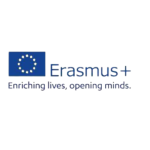
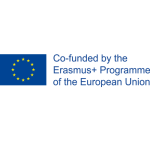
Health, Solidarity and Social Cohesion with Sport Erasmus + KA204 2020-1-TR01-KA204-093342
Sports were included in EU competences with the Lisbon Treaty. The European Union is using the definition of sport, which was adopted by the Council of Europe in 1992 and published in the “European Sport Charter” which was updated in 2001. The Council of Europe defines sports as any form of physical activity that occurs through coincidental or organized participation with the aim of being physically fit and expressing or improving mental health, creating social relations or achieving a competitive outcome at all levels. Physical education not only contributes to people’s immediate fitness and good health but also helps people to perform and understand physical activity better with positive lifelong repercussions. Moreover, physical education brings about transferable knowledge and skills,such as teamwork, cultivates respect, body and social awareness and provides a general understanding of the ‘rules of the game’ which people can readily make use of in life situations. Physical activity is a fundamental means of improving physical and mental health. For too many people, however, it has been removed from everyday life, with dramatic effects for health and well-being. Physical inactivity is estimated to account for nearly 600 000 deaths per year. Tackling this leading risk factor would reduce the risks of cardiovascular diseases, diabetes, hypertension, some forms of cancer and psychological disorders. In addition, sport is one of the keys to counteracting the current epidemic diseases that is posing a new global challenge to public health. Physical activity is not just a public health issue; it also addresses the well-being of communities and investment in future generations. Countries need to reverse the trend towards inactivity and create conditions across Europe in which people can strengthen their health by making physical activity part of everyday life.
The scale of the problem requires developing a new understanding and new, effective, population-based approaches. This implies strengthening existing partnerships, such as those with the education and sports sectors, and developing new ones with others that play a major role in shaping communities. Sport is a practical instrument for social integration. The sport also creates opportunities for learning basic principles such as acquiring skills such as discipline, trust, leadership, and valuing tolerance, cooperation and respect needed especially these days.
Our project includes distance learning modules based on informal and non formal teaching techniques that enable people to change their attitudes and behaviours both in personal and public health, participation in balanced social and cultural development. The content is based on current events, includes real-life tasks, supported with videos and animations. The Project will contain the following reinforcing goals:
– To increase the number of people with the knowledge of healthy life style to contribute to community health, social welfare and harmony,
– To give the opportunity to people to improve their attitude, understanding and trait for their own self-actualization needs,
– To develop and increase the awareness about crisis management on the side of personal and public health with sport.
– To develop and increase the awareness of European values in education by providing equal and accessible opportunities to people,
Our project has been prepared to ensure that people from all walks of life especially for disadvantaged groups (inadequate income, inadequate education, geographical barriers, cultural barriers, immigrants, refugees, etc.) to be able to access equal educational opportunities.
The social changes brought by the globalization have taken every subject of life to international dimensions. Cultural interactions among people, cultures and countries have driven forward such a life which is based on multicultural social skills and harmony around the world. For this reason, our Project is prepared in a structure that includes partnership at international level.
Also, it includes international partnership to support mutual exchanges for educational cooperation at international level, remove obstacles, encourage innovation in education and contribute to common educational policy areas.
Lifelong learning is an important element in the development of active citizenship, social skills, social cohesion and equal opportunity. Physical activity is not just a public health issue; it also addresses the well-being of communities and investment in future generations. Being healthy is the most important and functional feature for individuals to live effectively and independently in society. It is very important to establish positive relationships among people, to maintain these relationships and to get positive feedback for the individual’s social behaviours.
Constant changes in the economic, social and cultural life of the society necessitate constant renewal of the knowledge and skills required by today’s living conditions. With this Project, local and international activities will be carried out. By the help of distance educational applications (modules), people who are from all walks of life will have equal and open learning opportunities based on ICT. With the activities, the following outcomes and outputs will be achieved. A series of onsite/online and relevant activities are planned including the following topics
Project Outputs:
* Photography contest (Are we Healthy?),
* Seminars
Healthy Life with sport
Sport for mental and psychological wellness
Active and passive sport in daily life,
* Online training modules;
Healthy Life with sport
Healthy diet and sport
Sport for mental and psychological wellness
Strengthening the immune system with sport
Socialization and sport,
Active and passive sport in daily life,
Sport at home
Sport at work
* Field Survey – “Healthy Life Perception and Sport” in the neighbourhoods
* Transnational Meetings to evaluate the activities,
* Control and practice groups.
By carrying out the project, we aim to achieve the progress of following objectives:
* Social and civic competences
– Protection and Development of Health
– Social Life and Social Inclusion with sport
* Digital competences; computer and internet usage skills
* Communication skills in the mother tongue
* Communication skills in foreign languages
* Learning to learn ability
* Increased internationalism
* Increased awareness on acceptance of differences
* Increased consciousness about EU values
* Increased capacity of participating organisations and relevant stakeholders
* Increased awareness of Erasmus+ Programmes
By carrying out this project we aim to create the following products;
* E-Learning Modules (Training Videos)
* Healthy Life Booklet,
* Digital Photography Album (Are we Healthy?)
* Scientific survey and article – “Healthy Life Perception and Sport”
Our Partners
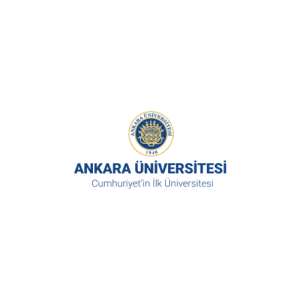
COORDINATOR: ANKARA UNIVERSITESI
Ankara University is a university that has identified and integrated the history and mission of the Republic with its nation. Our vision: To be an innovative university that conducts qualified research, uses its knowledge and talents for the benefit of humanity and the country and shapes the future by making a difference at a universal level

Universitatea Ovidius Din Constanta
Ovidius University is the the largest European university at the Black Sea. It’s situated in Constanța, the largest city in Dobruja and Southest Romania. Ovidius University is a public higher education institution established in 1961.
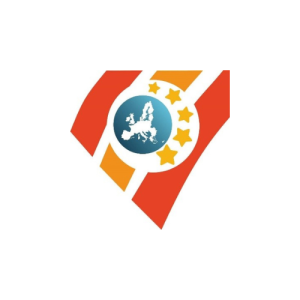
Europroodos Educational Group Single Member Private Company
EUROPROODOS Group operates since 1994 as an independent legal entity for the implementation of Lifelong Learning Programmes, aimed at unemployed, employed, self-employed and socially sensitive groups, as well as activities related to this activity
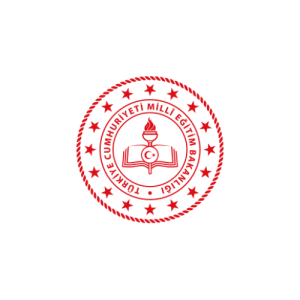
Cubuk Halk Egitimi Merkezi
The Management of Çubuk Public Education Centre organises its activities effectively, economically and dynamically in accordance with the interests, wishes and expectations of the people; it provides education, culture, art production and guidance services
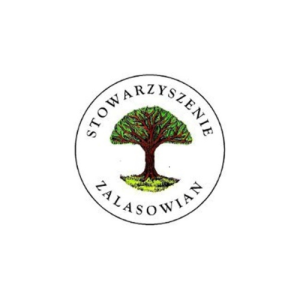
Stowarzyszenie Zalasowian
The aim of the association is:
- To work on the development of the village of Zalasowa in the cultural, economic and tourist sector.
- To inform the members of the Association and the whole society about the history, cultural and economic achievements of the region.
- Protection of nature, landscape and cultural monuments of Zalasowa and the Pogórze region.
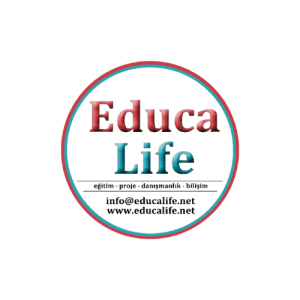
EducaLife Egitim
EducaLife is based in Ankara and is an education, consultancy and technology enterprise. The company realizes social responsibility projects in the neighbourhood.
